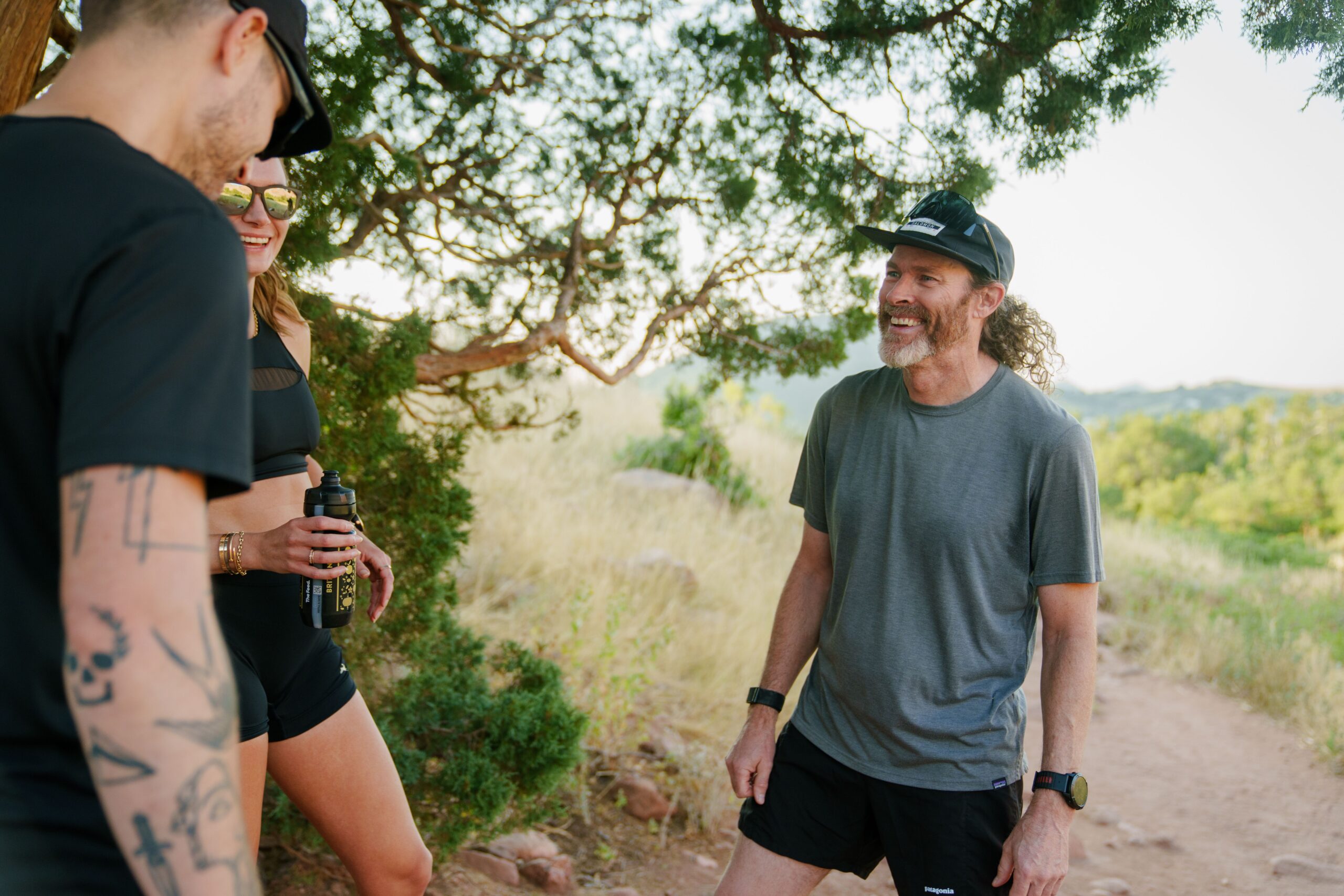With over 35 years of coaching experience, Gale Bernhardt has guided Olympians and World Championship athletes and played pivotal roles as the USA Triathlon Olympic and Pan American Games Triathlon coach. She shares her incredible journey from a mechanical engineering background to becoming one of the most respected figures in endurance sports as a pioneering endurance coach.
We explore her coaching philosophy, emphasizing the importance of continual learning across exercise science, pedagogy, and other key areas of understanding. Gale also provides invaluable advice for aspiring coaches. She highlights the significance of setting long-term goals, addressing knowledge gaps, and balancing science and the art of coaching.
Gale and Dirk compare and contrast coaching occupations in the United States and European countries. Plus, she touches on the evolving role of AI in coaching and why the human touch remains irreplaceable.
Standout Quotes
Getting Started With Big Goals: “Back in 1990, and I still have it back here, I wrote goals down, and I wrote become an Olympic coach. I had no association with any high-level athletes, no association with federations, none of that. And I also wrote write a book. I had no idea how I was gonna make that happen. But I think if coaches set those goals out there, then it’s more solid in your brain when opportunities come up to say, “Yes, I wanna take that, or no, I don’t wanna take that.” And it helps you get where you wanna go.”
Tips for Athletes Looking to Become Coaches: “Honestly, if you’re an athlete and you think you want to coach someday in the future, I think you ought to start educating yourself right now. As a coach, you have to make an effort to shore up that knowledge, and it doesn’t matter what it is, whether it’s whether it’s exercise science or pedagogy or or nutrition. You have to set a goal for yourself to learn about that and know your limits.”
“One of the blind spots for athletes [who are] going to become a coach is assuming that what worked for them is going to work for everyone else.”
Biggest Pitfall for Future Coaches
On the Future of Coaching: “I think, the thing that pops into my mind most immediately is the whole AI concept of coaching, that coaches, you know, will be replaced by artificial intelligence and and and athletes, just put input data, and this AI system spits out the perfect training plan for these people. And I think AI is maybe a step better than just following preplanned training plans, but still, there’s all the nuances that go into being a coach about listening to people’s voices. It doesn’t matter what they tell me on TrainingPeaks.
When I hear them, and they don’t sound right to me, I’m like, hey. You sound a little nasally. You think you might be getting a cold, and people won’t admit that to an electronic system. You might be able to maybe catch some of that through biomarkers, heart rate, or heart rate and power decoupling, but I think you’ll never replace the human interaction of what a coach can provide to an athlete. And, certainly, that may not be everyone’s market. They may wanna go all AI sort of training.”
“Part of being a coach is getting people to expand what is possible.”
What it Means to be a Coach
Multiple Ways to Be a Professional Coach: People need to have an honest evaluation. And if I say, hey, “You know what? I hate all that business stuff. Yep.” Then I might be better suited to be part of a coaching group where a manager or a leader takes care of the majority of that stuff and just be a technician. I can be a technician. And there’s there’s nothing wrong with that.”




